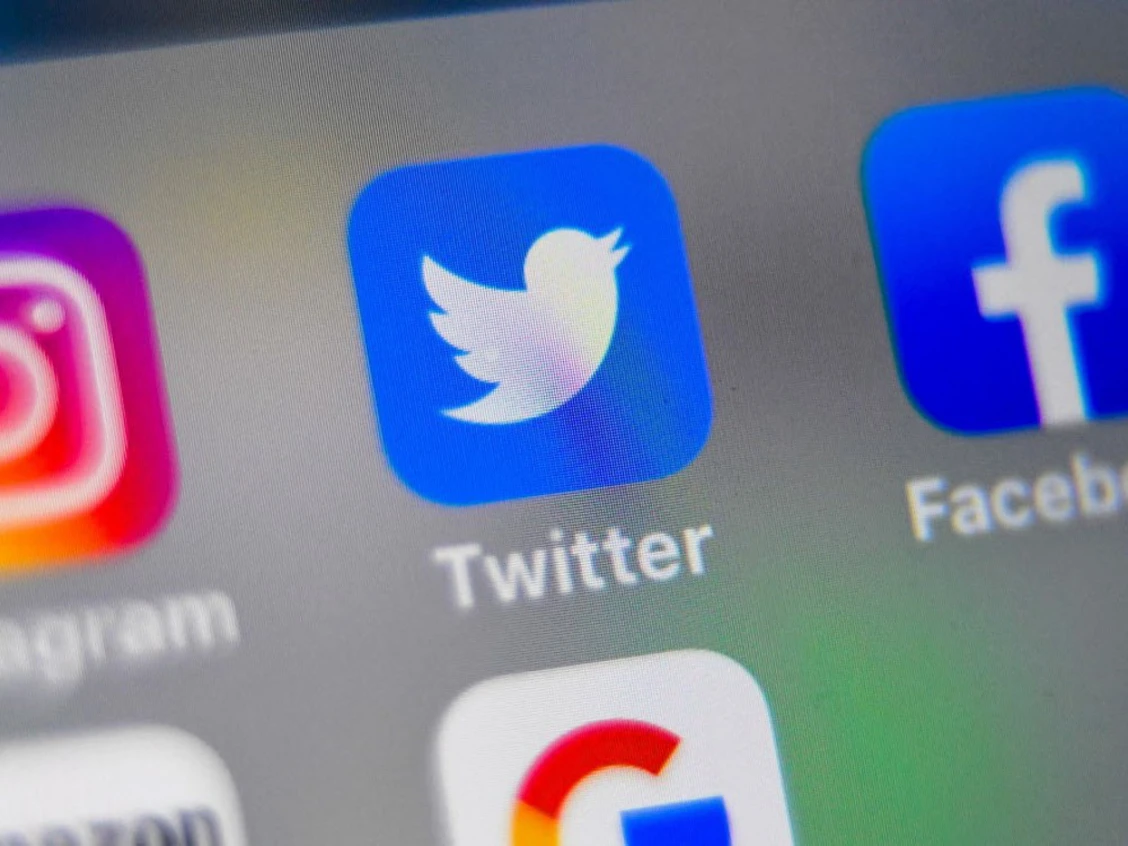On Thursday morning, the #twitterdown hashtag trended. According to Downdetector, which tracks website crashes, at least 54,000 users reported being unable to use the website and app. Ironically, Twitter Support assured customers they were on top of things by tweeting “we’re working to get it back up and running” on the very platform customers could not access.
While Twitter outages are not very common (the last comparable incident was in February), users have long thought about what life without the platform might look like. Elon Musk’s start-and-stop takeover of Twitter has inspired passionate objections to Musk’s ownership and his proposed changes to content moderation policies. Those current policies have removed high profile figures like Jordan Peterson and Donald Trump from the platform, making many users feel unwelcome and leading to the development of fledgling social media alternatives, such as GETTR, Parler, and Truth Social.
A day before the outage, Kaveh Shahrooz, a human rights activist and Senior Fellow at the Macdonald-Laurier Institute, was ahead of the game in contemplating an exit. Shahrooz has a popular Twitter account from which he comments on international human rights issues. He took to that account to share his concerns that “overexposure to this site is bad for mental health” and informed his thousands of followers that he’d be taking breaks from the app.
In a follow up interview, Shahrooz expanded on his comments: “Twitter is bad on an individual level and on a social level. Like a lot of tech, it is designed to be addictive and keep you coming back, regardless of its toll on mental health. And its algorithm rewards more extreme voices, which moves our politics away from a sane middle.”
Available data backs up Shahrooz’s observations about Twitter skewing our political culture. In 2019, Johns Hopkins University’s Yascha Mounk summarized a series of academic and journalism studies and noted that fewer than one in five active Twitter users — which is to say about one in 20 Americans — report posting about politics ‘some’ or ‘a lot’ of the time.” Most users on Twitter would rather comment on the latest NBA free agency rumour or Kardashian romance than engage in partisan bickering. So who makes up the five per cent of Americans that dominate Twitter’s political discourse? Mounk explains that the five per cent are most likely to identify as liberal, have strong ideological preferences, live in an urban area, graduate from university, and make more money than the average American.
In an ideal world, we’d figure out how to keep the good parts of social media and abandon the bad. And there are good parts: Twitter does create space for perspectives that might be ignored or suppressed by legacy media corporations. Like The North Star, New National Era and other up-start media enterprises of the 19th century, social media platforms may give rise to new, decentralized ideas that contribute to a more just and fair society.
Still, outages do prove that we aren’t actually dependent on Twitter or any other social media company. The occasional reminder that it’s possible to get our news in other ways might be the biggest threat to Twitter’s success. More of us might realize we’re better off without so much information — and accompanying outrage — at our fingertips.
Jamil Jivani
Jamil Jivani is an award-winning lawyer and author, who serves as the Government of Ontario’s first-ever advocate for Community Opportunities. He also leads a youth-focused research nonprofit, Road Home Research & Analysis, which is supported by the Pinball Clemens Foundation, and hosts a weekly radio show, “Tonight with Jamil Jivani” on Newstalk 1010.

